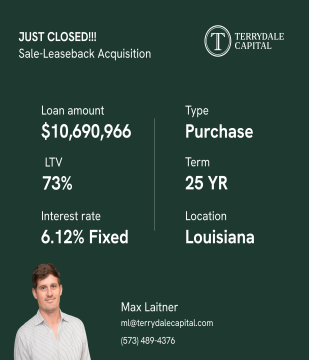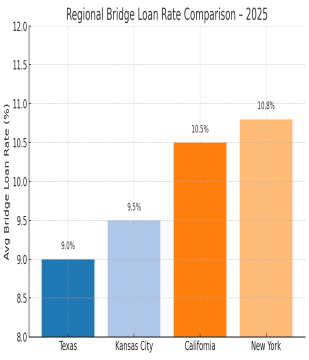Unilateral Contracts in Commercial Real Estate

Terrydale Capital
Jul 12, 2024 6 Min read
 Learn
Learn
In the world of commercial real estate, various types of contracts are used to ensure smooth transactions and clear agreements between parties. One such contract is the unilateral contract. Although less common than bilateral contracts, unilateral contracts serve specific purposes and offer unique advantages and disadvantages. Let's dive into what unilateral contracts are, what they do, how they are used, and the benefits and drawbacks associated with them.
What are Unilateral Contracts?
A unilateral contract is a promise made by one party in exchange for the performance of a specified act by another party. Unlike bilateral contracts, which involve mutual promises between two parties, a unilateral contract only obligates the offeror (the party making the promise) once the offeree (the party performing the act) completes the specified task.
What Do Unilateral Contracts Do?
In essence, unilateral contracts create a scenario where one party promises something in return for the other party's performance. For instance, in the context of commercial real estate, a property owner might promise to pay a commission to a real estate agent only if the agent successfully finds a buyer for the property. The agent is not obliged to find a buyer, but if they do, the owner must fulfill the promise of payment.
Uses of Unilateral Contracts in Commercial Real Estate
Unilateral contracts can be used in various commercial real estate scenarios, including:
- Brokerage Agreements: Real estate brokers might enter into unilateral contracts with property owners, where the owner agrees to pay a commission if the broker finds a buyer or tenant.
- Option Contracts: An option contract in real estate might allow a potential buyer the exclusive right to purchase a property within a certain period, only if they decide to exercise this option by performing specific actions, such as making a payment.
- Listing Agreements: In some cases, property owners might promise to pay a fee to anyone (not just brokers) who successfully brings a buyer or tenant, often seen in open listing agreements.
Benefits of Unilateral Contracts
- Flexibility: Unilateral contracts offer flexibility, as the offeree is not obligated to perform the act but can choose to do so if it benefits them.
- Risk Reduction for the Offeror: The offeror only incurs an obligation once the specified act is performed, reducing their risk if the act is not completed.
- Incentivization: These contracts can incentivize performance, as the promise of reward motivates the offeree to complete the task.
Drawbacks of Unilateral Contracts
- Uncertainty for the Offeror: The offeror may face uncertainty, as they do not have control over whether the offeree will perform the specified act.
- Limited Control for the Offeree: The offeree might invest time and resources into performing the act without any guarantee of success, potentially leading to wasted efforts.
- Complexity in Enforcement: Unilateral contracts can sometimes be more complex to enforce, especially if there is a dispute about whether the specified act was performed as required.
Conclusion
Unilateral contracts play a unique role in the commercial real estate industry, offering specific advantages and facing particular challenges. By understanding what they are, how they work, and their potential benefits and drawbacks, both offerors and offerees can better navigate their use in various real estate transactions. As always, consulting with legal professionals can ensure that these contracts are crafted and executed properly, aligning with the specific needs and goals of the parties involved.
When it comes to navigating the complex world of regulations and financing, it significantly eases the load to have the right team behind you to guide you through the process. At Terrydale Capital, our team is well versed and experienced in all forms of government regulations surrounding government backed loans. When you need an SBA or another commercial loan, contact us today.
Partner With Terrydale Capital for Your Debt Financing Needs
When it comes to debt financing, understanding the right timing, process, and options is crucial. At Terrydale Capital, we provide a comprehensive range of commercial loan solutions tailored to meet your business's unique needs.

































































































































































































































































































































































